When giants fall, there’s devastation.
My childhood memories come in snippets, and rarely do I get whole, unbroken scenes anymore. When I open the gates and allow myself to go in, however, the memories come fast and hard.
A very small girl, maybe only around four or five, I lay still and quiet with my head swimming under the blanket. I squeezed my eyes shut, but surely my eyelids were fluttering. A girl that age cannot feign sleep well. My dad sat on the edge of my bed and I could hear him ask if I was awake, prodding me to give up the game. Undoubtedly, he knew I was only pretending. I could feel the weight of his grown man hand resting on my shoulder, and he began his nightly routine of praying over me before turning out the lights and going downstairs.
Several years later, now maybe around ten or eleven, I clung to the wooden sled and giggled from my belly as the snow swished and crunched underneath me. My eyes followed the lasso from the faded wooden sled to the saddle where the lasso was tied around the saddle horn. Then my eyes traveled to my dad, who was perched on Poke, my mom’s ridiculously dalmatian-spotted horse, bundled in his cowboy hat (was there any other kind?), his chocolate-colored Carhartt coat, worn Wrangler jeans, and well-loved, scuffed Justin boots. It was his every day uniform. His face was buried a bit into the fabric of his collar and I couldn’t see his smile, but his eyes were laughing as he pulled my brother and I along behind the horse through the snow. Flakes still swirled and fell out of the sky. It was cloudy and gray that day, but the magic of that afternoon still warms me.
I was in maybe junior high, and my leaf collection was due soon. My dad and I traipsed back to the woods, where we must have spent two or three hours wandering around the “back forty,” searching for the different species of leaves I could add to my collection. I don’t know what we talked about, I can’t remember all the types of leaves we found, but I distinctly remember savoring that time alone with him. He was in his element, like a big kid, as we clamored over fallen trees, skirted around poison ivy and nettles, hopped stones over the small creek bed, and observed the bark and leaves from the different trees on our acreage.
Then I’m in high school, my senior year, and there was the moment just after my brother’s biopsy in the hallway walking out of the recovery room. My mom, who hadn’t expressed much in front of me, suddenly collapsed against the wall, her hand over her mouth, and in an attempt to draw a breath, made a sound that was raw pain and panic. My dad wrapped his sure, steady arms around her and they locked in an embrace that I was on the outside of, a daughter looking in at the pain of her parents. I don’t know that I ever cried in front of them, even though I was terrified I might lose my punk little brother, but my dad and I bonded over studying CAT scans together and geeking out over the medical world. By then I’d already decided to pursue nursing, and I felt that my dad couldn’t have been more proud.
My dad and I stood together, locked arm in arm, but avoiding each other’s eyes. In that moment just before they opened the doors and it was my turn to walk down the aisle, my dad and I looked at each other through my veil and he gave me The Smile, the sort of goofy, lopsided one that he always used when he was trying desperately not to cry. But his eyes were wet with tears, and I nearly broke at that moment. He was going to give me over to my husband and I would no longer be his Little Girl. I would be his married daughter. My heart was so overjoyed at marrying my best friend, but also so grieved to leave behind own family. But my dad loved Blaise, too, and while it was a very emotional moment, I found that the years that followed were so sweet with memories.
Dad wasn’t always very talkative, but he was a strong force in my life. Like an oak tree, I never questioned whether or not he’d always be there to give protection and shade. He was solid, dependable, trustworthy. He had more integrity than anyone I knew and he was the kind of person who, like the widow in Luke 21, gave more than most, even when he had such little to give. He was defined by his generosity, honesty, gentleness. I knew that he walked in forgiveness toward those who’d hurt him, even though some of those wounds had once run very deep and the scars were evident in his memories.
He was a man after God’s own heart, who loved my brother and I fiercely, who looked at my mom with pure, unadulterated adoration. I finally watched my dad’s favorite movie, Lonesome Dove, when I became an adult and realized that in watching the movie, I had learned more about my dad. He was a cowboy at heart; not the bar-fighting kind, but the fence-mending kind: strong, stoic, who worked with his hands and lived with deep loyalty to those he loved.
Because of the way he provided for and loved us, I never struggled with or questioned the breadth and depth of God’s love for me. When Scripture compares God’s love for us with a father’s love for his children, how deeply that resonated! My Daddy loved me and I was secure in that love.
It’s a much sharper image, though slightly blurred by the tears that welled in my eyes, but I’m standing in my camper kitchen, one hand gripping the counter while the other hand held the phone. Somehow, even though the words sounded like a cruel joke, I managed to steady my voice as I asked him questions. My heart pounded with wild abandon and I felt faint as my dad calmly and quietly confessed that he was an alcoholic. He explained that he started drinking little by little after Grandpa (his dad) passed away and my brother had cancer (all in the same year). He explained that it didn’t start out as a problem, but that in the previous ten years, what appeared as sometimes excessive and sloppy social drinking had actually spiraled out of control in the evenings after work and across weekends. Every day. For ten years. How could this happen? How in the world does one become an alcoholic in secret? Why would a man who has Jesus also need to drink? Who was this man I called Daddy?
I suddenly remembered my dad tipsy after a work Christmas party once. My brother and I were still quite young, and we thought it was hilarious how talkative my dad was and how hard he laughed when he accidentally threw the dog’s toy into the picture window. We laughed, too, because it was so uncharacteristic of him. I had never seen him drunk before, and at the time, I didn’t even understand that’s what it was.
And then I’m all grown up, sitting in an uncomfortable waiting room chair with my brother while my dad speaks behind the thin, closed door with a counselor. Is his problem big enough to warrant rehab? How are we even having these conversations? He had reached out for help, though. That was the whole purpose of that phone call. To ask for help. A phenomenal first step on the road to recovery. But because my dad still worked full-time, paid his bills on time, and hadn’t had any legal trouble as a result of his drinking problem, the intake counselor determined that he was not an ideal candidate for their recovery program. So the three of us climbed back into my dad’s truck, and we quietly drove away. He dropped me off at home, and nothing was ever the same again.
What if they’d admitted him that day six years ago? Would things have turned out the same way? Would we be sitting where we are today, with my parents divorced, my dad and I all but estranged, my family trying to pick up the pieces of the wreck my dad’s alcoholism has made of things? Would my boys know him and call him Papaw? Would Thanksgiving and Christmas still be warm celebrations where we all crowd into my childhood home, tell stories loudly, break bread together, warm our backsides by the wood stove? What if they’d admitted him that day six years ago, when he saw so clearly–for only a brief moment–that he was an alcoholic in need of help?
When giants fall, there’s devastation.
First, there’s the tearing the down of whatever is in the giant’s path.
The giant’s reputation.
The giant’s family.
The giant’s job.
The giant’s security.
The giant’s integrity.
Then there’s the earthquake from the impact.
Foundations crack.
Walls tumble down.
Nothing feels safe or secure or true or right.
Everything that once was is now in a different place: upended, scattered, broken.
The future is wiped away.
Then there’s the decay, as what has been broken is exposed.
The giant’s character erodes.
The giant’s mind grows feeble, uncertain, disoriented.
The giant’s family is fractured and the pieces no longer fit.
The giant’s faith loses vitality and the giant walks in the direction opposite his Savior.
The giant’s body rots, becomes frail, diseased.
When giants fall, there’s devastation.
Nothing is left untouched.
Nothing will ever be the same.
***
This is the first time I’m sharing this publicly. For the past six years, people very close to us have known and walked with us as we’ve tried desperately to process all of this, set healthy boundaries, and continue faithfully following the Lord to the ends of the earth. But I’ve kept very quiet about this publicly, not out of shame or embarrassment, but out of respect for what my family has walked through.
Yet I know that there’s power in sharing.
I am not ashamed of my dad. I love him as much today as I did when I was five, when I was fifteen. When I think of the man he is today, I’m heartbroken and overwhelmed with grief. My family is no longer what it was. It’s as if my dad has died, but instead he’s alive as this entirely different person, this shell of a man. Sometimes that’s harder to deal with, because death is a kind of final grief, whereas alcoholism steals bits and bits over time. It’s like the alcoholic dies a thousand deaths, so the survivors are always hoping, always disappointed, and always grieving.
Loving an alcoholic means grieving the person that once was, but will never be again. It means grieving the vision you had for the future, but that will never come to pass. It means loving the person just as they are, with no expectations or strings attached.
It also means clinging to the hope, not found in rehab or sobriety, but found in Jesus Christ. It means clinging to the truth that nothing can or will happen outside of God’s sovereign control, and that even though we live in a broken world fractured by sin, we can trust that God can and will use everything for His glory.
My dad’s story is not finished, but is still being written. And even though many of the chapters are painful and difficult to hear and we have no guarantee of how it will end, I am resting in the Lord’s perfect grace even as I grieve what is.
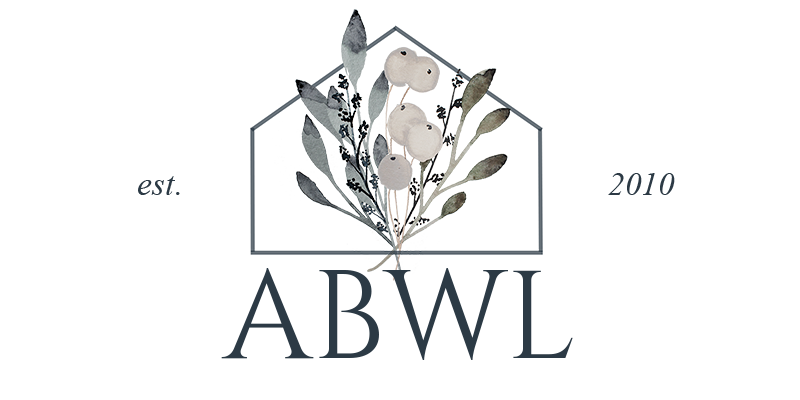
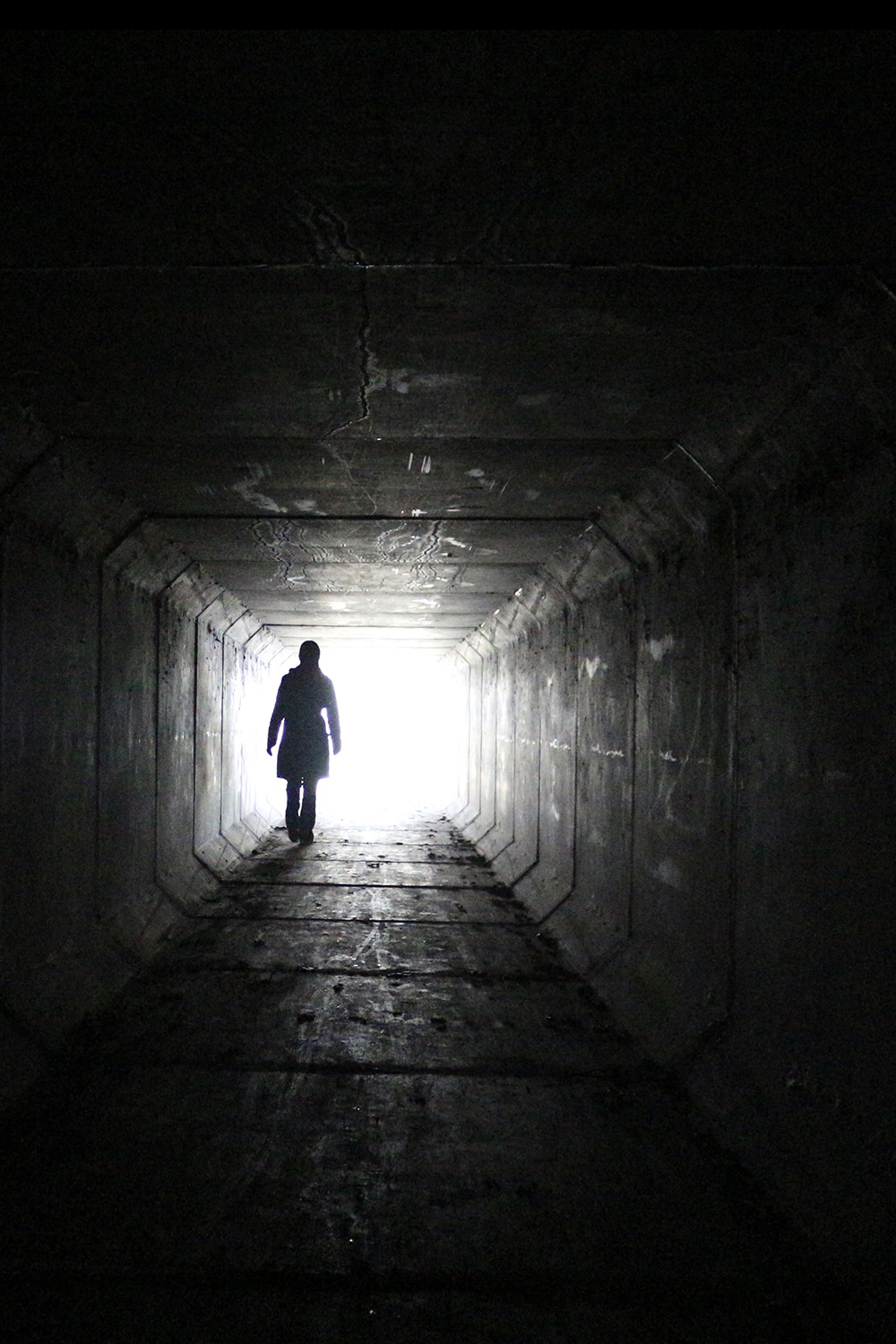
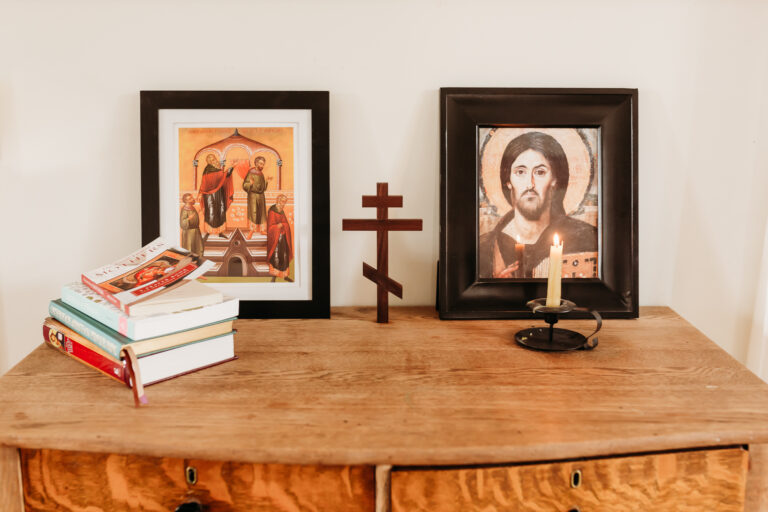
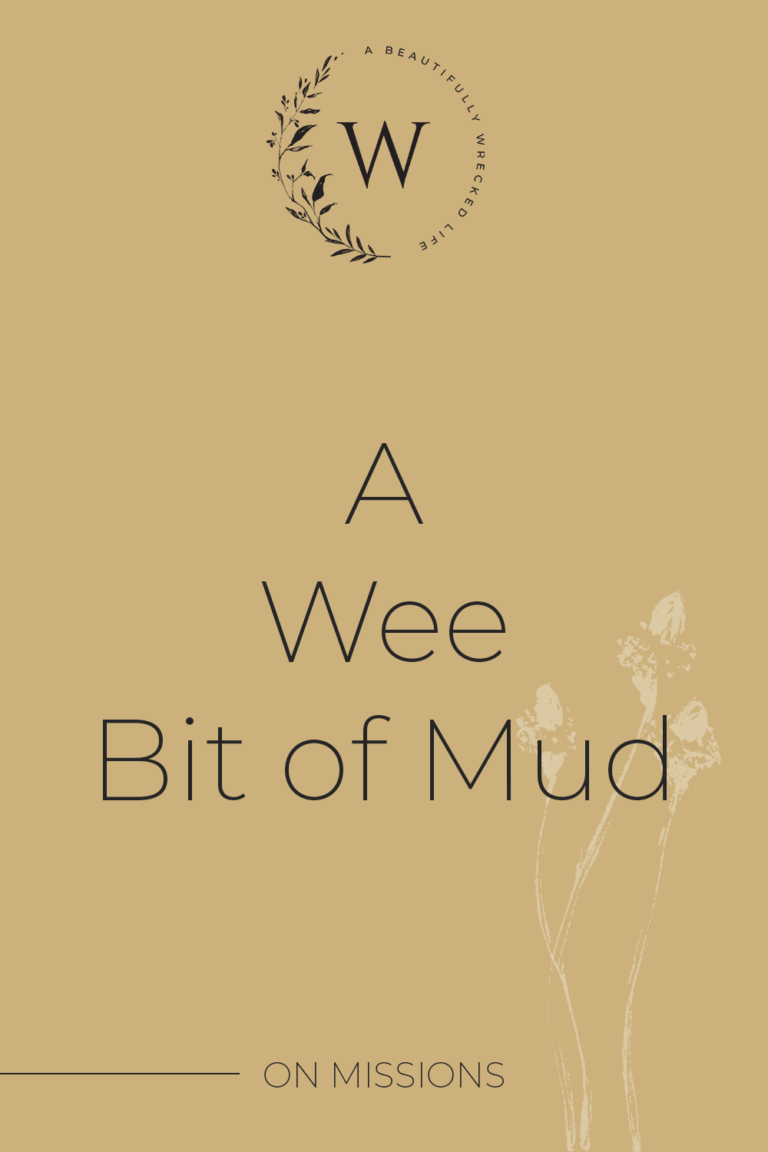
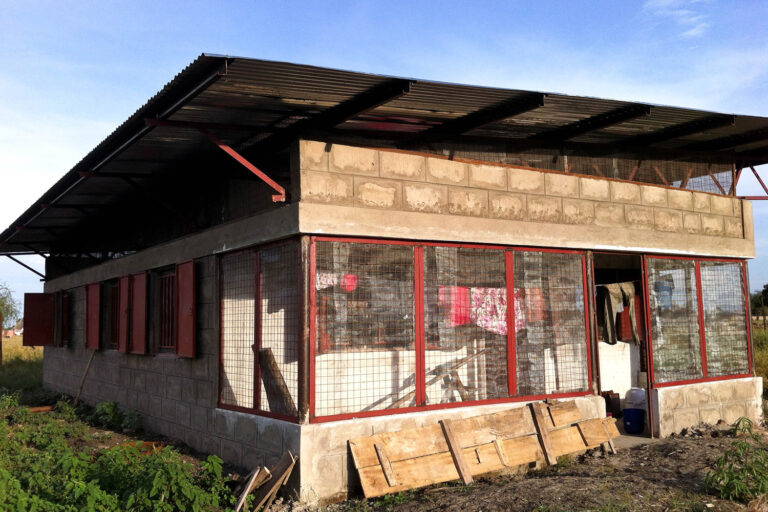
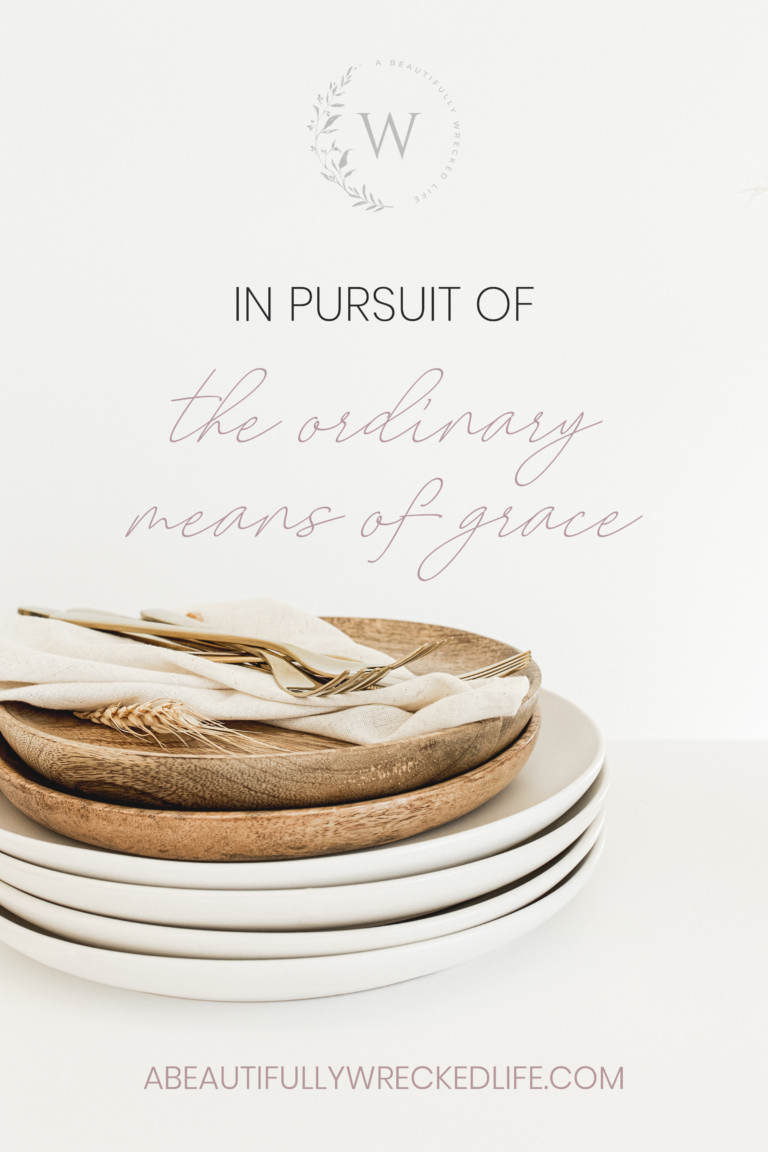

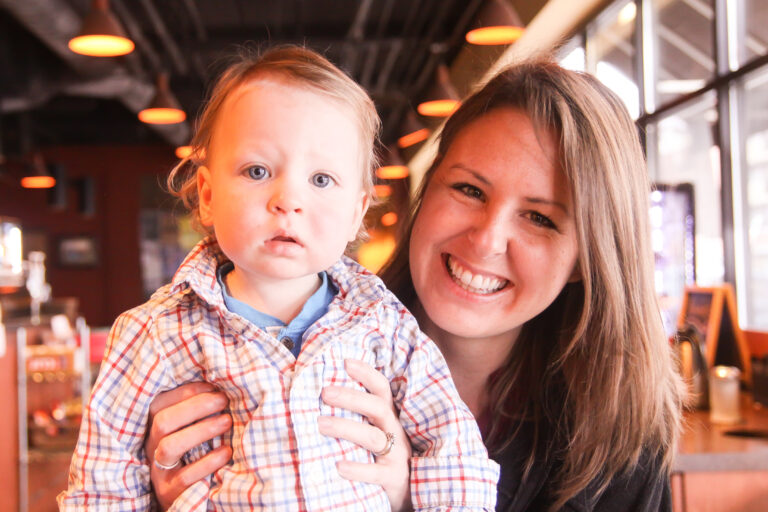
Beautiful! As a daughter of a mother who was an addict who has been gone 5 years today, I told ally felt your words. The grace and love you afford your father in a daily basis is the purest thing you can do. I was also estranged from my Mom when she passed , I miss her everyday. Thanks for sharing.
Thank you so much for your comment, Katrina. I cannot imagine the pain you have walked through in losing your mom. Watching a loved one battle addiction is probably the hardest thing I’ve ever done, and something that I just did not understand before going through it myself. I am praying for you and the rest of your family as you continue to walk through seasons of grief. May God surround you with comfort and bless you with peace that transcends all understanding.
Beautifully, transparently written. And yes, there is hope! Watch for our Sovereign God to direct His steps. Yes, even behind the scene with your boundaries in place. God gives hope. My Dad is walking closely to Jesus after years of alcoholism addiction and I know that’s not the same story for every little girl who grows up to see this unfold before her eyes… but I bring hope, knowing our Sovereign God is able to do more than anything we can ask or imagine. Eph 3:20
AMEN Kelly! Thank you so much for sharing that with me. I know God is able and that everything is for His glory. Praise God that your dad is walking with Jesus!! That’s amazing and I’m sure his testimony is so powerful for those who battle addiction.